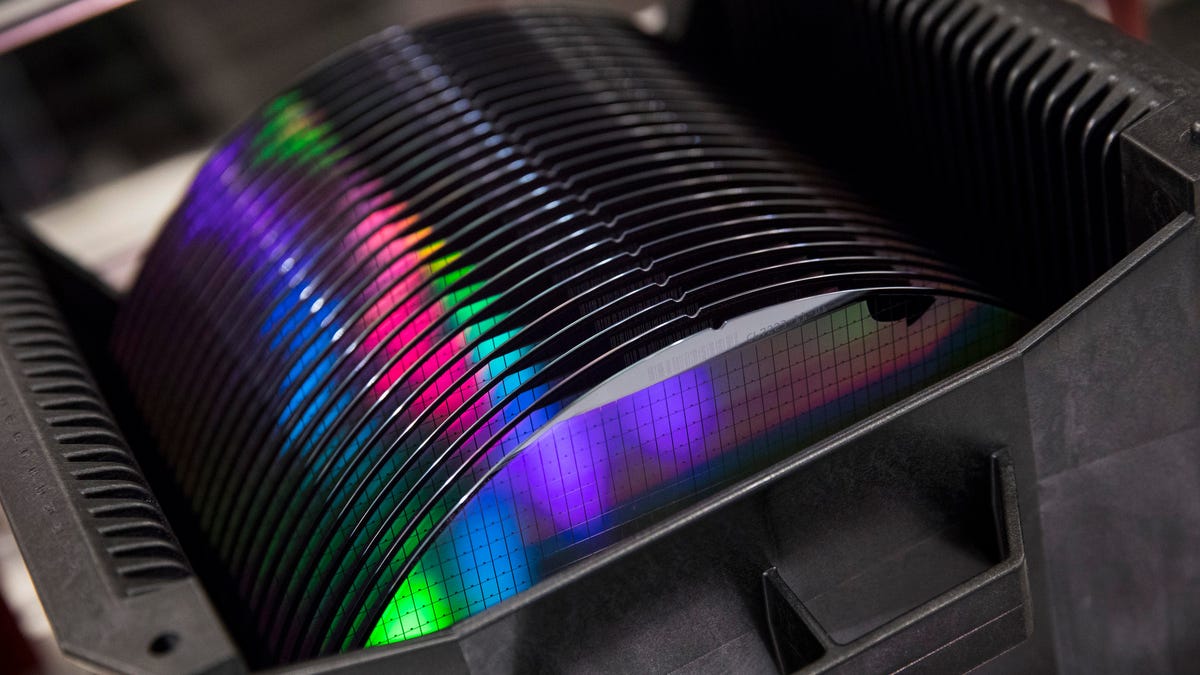Bosch building $1.1B plant for self-driving car chips
No, we’re not referring to chips of the Lay’s variety.

Bosch supplies a number of components to automakers, from ignition systems to brakes. But it's also hard at work developing systems for self-driving cars, and a new, $1.1 billion facility should help move that right along.
Robert Bosch GmbH will spend 1 billion euros ($1.1 billion) on a new semiconductor plant in Dresden, Germany. Not only will the plant add 700 new jobs, it will be responsible for creating the semiconductors that will be put to use in future self-driving vehicles.
Semiconductor and chip manufacturing is fascinating, expensive and incredibly complicated all at once.
"With connectivity and automation growing, they are being used in more and more areas of application," said Dr. Volkmar Denner, Bosch's chairman, in a statement. "By extending our semiconductor manufacturing capacity, we are giving ourselves a sound basis for the future and strengthening our competitiveness."
Construction should be complete in 2019, which is years ahead of most estimates for when self-driving cars will move beyond the development stage.
Bosch's semiconductor plant won't be working solely in the self-driving-car space. Its chips will also be used in the next generation of hardware for smart homes and smart infrastructure, both of which will inevitably end up connected with self-driving cars to create a massive environment of automation.
Bosch's efforts with autonomous cars aren't limited to the chips inside them. The company is working with Daimler to bring self-driving taxis to the road by 2020. It's working on its own concepts, as well, including an interior concept with a heavy focus on personalization. The company is also working on a new type of radar-based mapping that will boost the capabilities of self-driving cars without overloading them with data.

